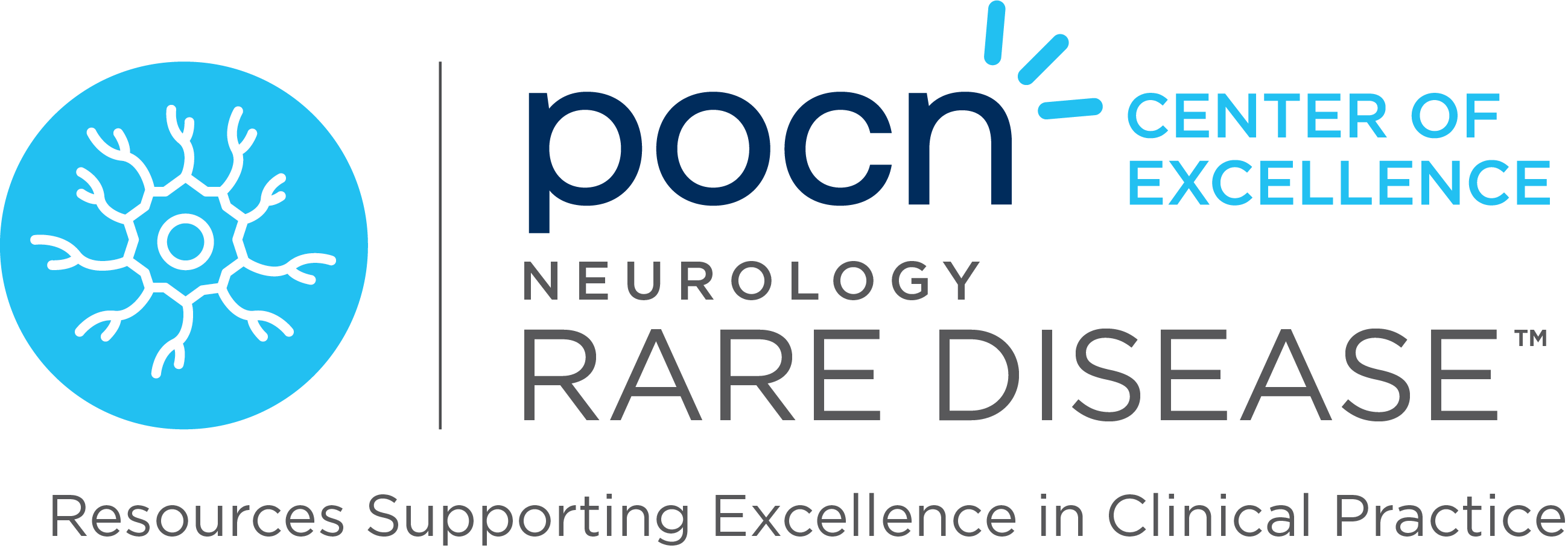Stiff Person Syndrome (SPS) is a rare autoimmune disorder characterized by muscle rigidity and spasms, often linked to antibodies against GAD65. SPS has multiple phenotypes, including classic SPS, which causes muscle stiffness and spasms affecting the torso and limbs. There are also rarer forms like SPS-plus, involving cerebellar and brainstem symptoms, and Progressive Encephalomyelitis with Rigidity and Myoclonus (PERM). Diagnosis is often delayed due to misdiagnosis, and the disease is frequently associated with other autoimmune conditions like diabetes and thyroid disease.
This study highlights the need for earlier diagnosis and treatment, particularly for rarer phenotypes. Researchers stress that early initiation of immunotherapy can prevent disease progression and reduce disability. However, factors such as age, race, and initial symptoms related to brainstem and cerebellar involvement are associated with worse outcomes. It also emphasizes the importance of multidisciplinary care, including non-pharmacologic interventions like physical therapy, in improving patient outcomes. Further research is required to refine diagnostic criteria, treatment approaches, and long-term management strategies for SPSD.
Reference: Wang Y, Hu C, Aljarallah S,. Expanding clinical profiles and prognostic markers in stiff person syndrome spectrum disorders. J Neurol. 2024 Apr;271(4):1861-1872. doi: 10.1007/s00415-023-12123-0. Epub 2023 Dec 11. PMID: 38078976; PMCID: PMC10973082.



